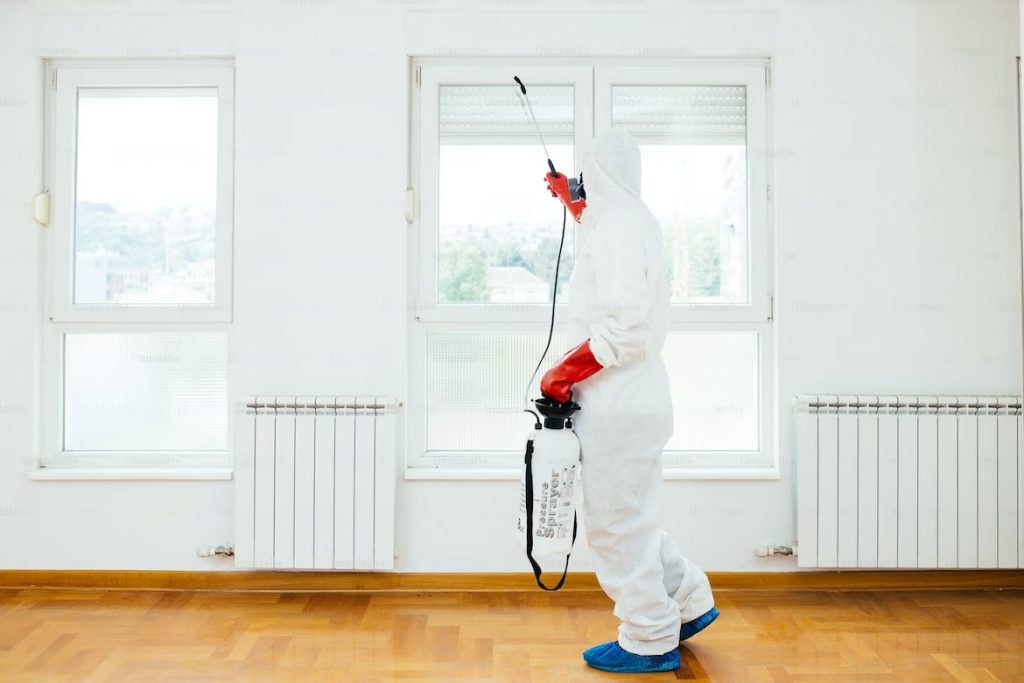
Pest control might not be the most glamorous topic, but it plays an indispensable role in our lives. Beneath the radar of our daily activities, a silent battle rages between humans and a multitude of pests that threaten our homes, health, and environment. In this article, we will explore the importance of pest control, its methods, and the critical role it plays in safeguarding our well-being.
The Hidden Threat
Pests come in various shapes and sizes, ranging from tiny insects to larger rodents. They are not just a nuisance; they pose serious threats to our health, property, and the environment. These pests include cockroaches, rats, mosquitoes, termites, ants, and many others. Left unchecked, they can wreak havoc.
Health Risks
Pests are vectors for diseases. Mosquitoes, for example, transmit diseases like malaria, dengue fever, and Zika virus, affecting millions of people worldwide. Rodents carry bacteria and viruses that can cause food poisoning and respiratory illnesses. Cockroaches can trigger asthma and allergies, particularly in children.
Pest control is a critical aspect of public health. By eradicating or reducing the population of disease-carrying pests, it prevents the spread of illnesses and safeguards our well-being.
Protecting Our Homes
Pests can inflict significant damage to our homes and property. Termites, often called “silent destroyers,” feast on wood and can undermine the structural integrity of a building. Rats chew through electrical wires, leading to fire hazards. Ants, moths, and beetles can destroy clothing, furniture, and stored food.
Without effective pest control measures, homeowners would face costly repairs and replacements, not to mention the emotional toll of dealing with infestations. Pest control helps safeguard our investments and ensures the longevity of our homes.
Food Security
Agriculture is vulnerable to pests, which can devastate crops and threaten global food security. Insects, rodents, and other pests consume or damage crops, leading to reduced yields and financial losses for farmers. Without pest control, we risk food shortages and rising prices.
Integrated pest management (IPM) is an eco-friendly approach that combines various strategies to minimize the use of pesticides and protect crops effectively. By carefully monitoring and addressing pest issues, IPM helps ensure a stable food supply.
Environmental Impact
Pesticides, if not used responsibly, can have adverse effects on the environment. They can contaminate soil and water, harming non-target species and disrupting ecosystems. However, modern pest control techniques are evolving to prioritize environmentally-friendly practices.
Biological pest control involves using natural predators or parasites to manage pest populations. For example, ladybugs are released to combat aphids, and nematodes target soil-dwelling pests. This approach reduces the need for chemical pesticides and minimizes environmental harm.
Methods of Pest Control
Now that we understand the importance of pest control let’s explore some common methods used to manage pests effectively:
- Chemical Pest Control: This method involves the use of pesticides to kill or repel pests. While effective, it should be used judiciously to minimize environmental impact and potential health risks. Professional pest control companies are trained to apply these chemicals safely.
- Physical Pest Control: This method includes using physical barriers or traps to prevent or capture pests. Examples include sealing cracks and crevices to prevent rodent entry and using fly traps to catch flies.
- Biological Pest Control: As mentioned earlier, this method uses natural predators or parasites to control pest populations. It is an eco-friendly approach that minimizes the use of chemical pesticides.
- Cultural Pest Control: This method involves altering the environment or cultural practices to deter pests. For example, planting pest-resistant crop varieties or practicing crop rotation can reduce the need for chemical pesticides.
- Integrated Pest Management (IPM): IPM combines multiple strategies to manage pests effectively while minimizing the use of pesticides. It focuses on prevention, monitoring, and targeted interventions.
Conclusion
Pest control may not be a topic that garners much attention, but it is undeniably crucial for our well-being. From protecting our homes and health to ensuring food security and preserving the environment, pest control plays a silent yet heroic role in our lives. By adopting responsible and eco-friendly pest control practices, we can continue to enjoy the benefits of a pest-free environment while safeguarding the planet for future generations. So, the next time you spot a pest control technician at work, remember that they are the unseen heroes protecting us from the hidden threats all around us.